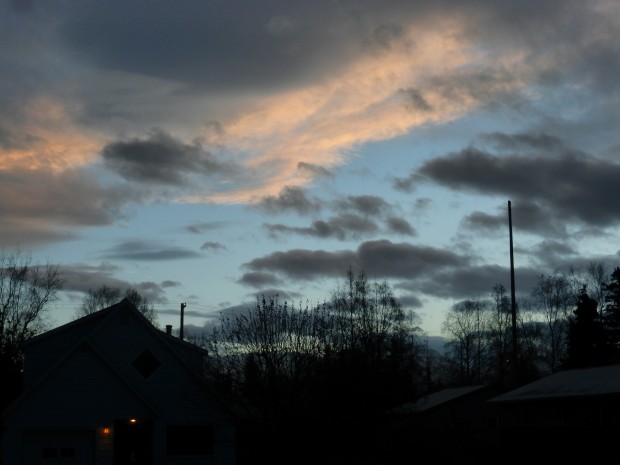
I feel at last the world’s reality
Which, lacking the communion of my soul,
Would in itself be frosty, empty life,
And showing itself powerless
To recreate itself in souls,
Would in itself find only death.
–Rudolf Steiner
There are places inside me where the soothing balm of rest has never penetrated. I long for a small respite from the reaching, a moment of sweet stillness, quiet darkness, the great silence that can penetrate and loosen the small, hard knots of endless trying. I want to be willing and able to move only as fast as I am capable of moving while still remaining connected to the impulse to move from deep within, stopping when I have lost that slender thread of desire and having the courage and faith to wait, in stillness, until I find it again.
A Poem on Hope
It is hard to have hope. It is harder as you grow old,
for hope must not depend on feeling good
and there’s the dream of loneliness at absolute midnight.
You also have withdrawn belief in the present reality
of the future, which surely will surprise us,
and hope is harder when it cannot come by prediction
anymore than by wishing. But stop dithering.
The young ask the old to hope. What will you tell them?
Tell them at least what you say to yourself.
Because we have not made our lives to fit
our places, the forests are ruined, the fields, eroded,
the streams polluted, the mountains, overturned. Hope
then to belong to your place by your own knowledge
of what it is that no other place is, and by
your caring for it, as you care for no other place, this
knowledge cannot be taken from you by power or by wealth.
It will stop your ears to the powerful when they ask
for your faith, and to the wealthy when they ask for your land
and your work. Be still and listen to the voices that belong
to the stream banks and the trees and the open fields.
Find your hope, then, on the ground under your feet.
Your hope of Heaven, let it rest on the ground underfoot.
The world is no better than its places. Its places at last
are no better than their people while their people
continue in them. When the people make
dark the light within them, the world darkens.
–Wendell Berry
Wendell Berry, “The Peace of Wild Things” from The Selected Poems of Wendell Berry. Copyright © 1998. Published and reprinted by arrangement with Counterpoint Press.
Source: Collected Poems 1957-1982 (Counterpoint Press, 1985)
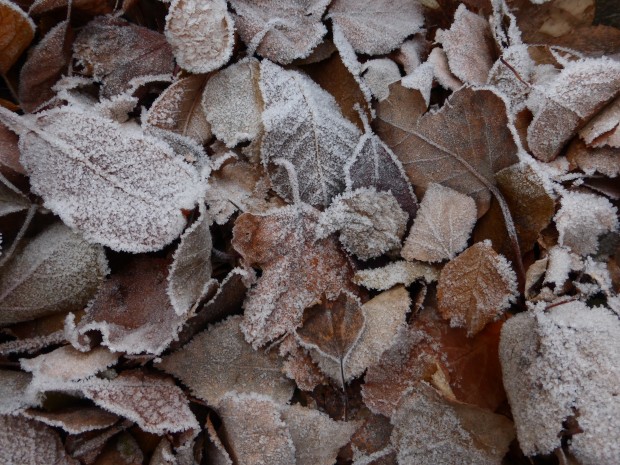
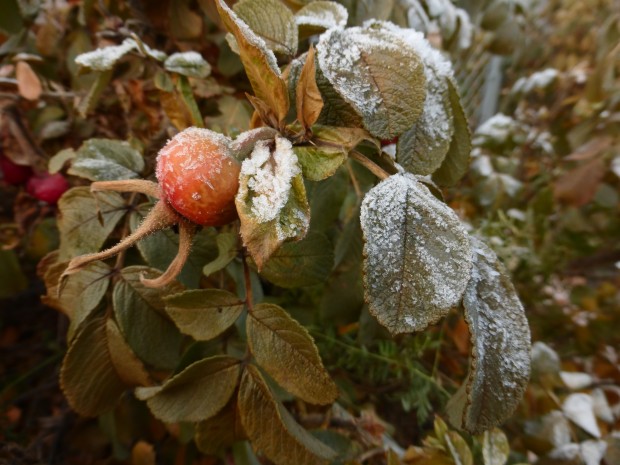
I feel my own force, bearing fruit
And gaining strength to give me to the world.
My inmost being I feel charged with power
To turn with clearer insight
Toward the weaving of life’s destiny.
— Rudolf Steiner
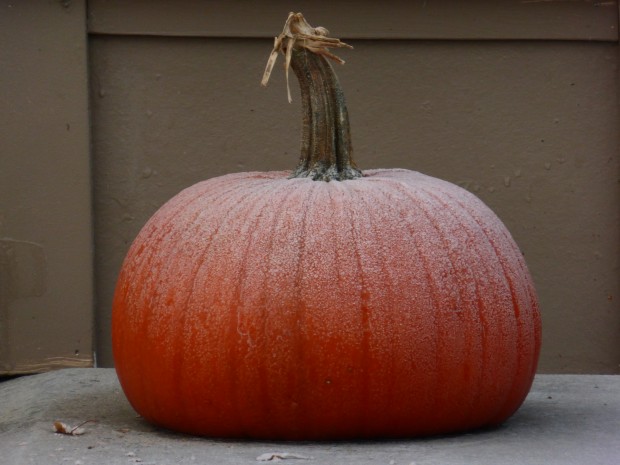
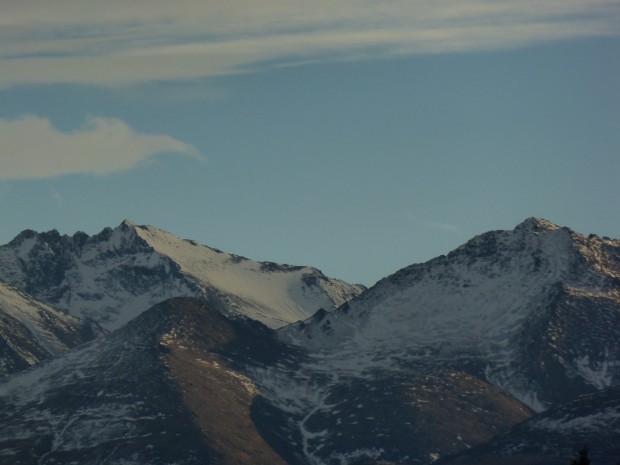
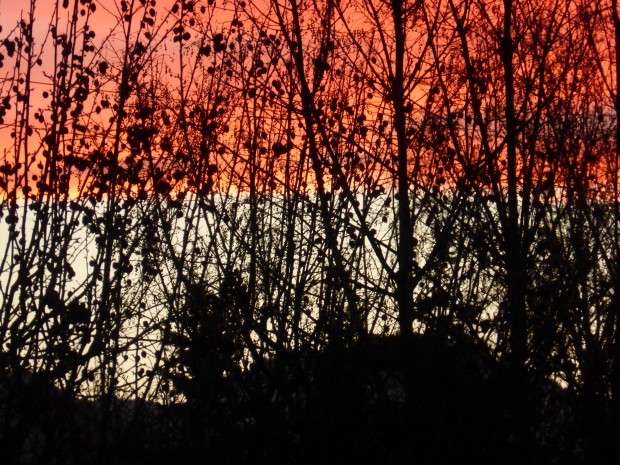
Our own life has to be our message.
― Thich Nhat Hanh
When the Zen poet Thich Nhat Hanh was asked: “What do we most need to do to save our world?” his questioners expected him to identify the best strategies to pursue for social and environmental causes. But Thich Nhat Hanh answered: “What we most need to do is to hear within us the sounds of the Earth crying.”
— Joanna Macy
BEGINNING
well or beginning poorly, what is important is simply to begin, but the ability to make a good beginning is also an art form, beginning well involves a clearing away of the crass, the irrelevant and the complicated to find the beautiful, often hidden lineaments of the essential and the necessary.
Beginning is difficult, and our procrastination is a fine, ever-present measure of our reluctance to take that first close-in, courageous step in reclaiming our happiness. Perhaps, because taking a new step always leads to a kind of radical internal simplification, where, suddenly, very large parts of us, parts of us we have kept gainfully employed for years, parts of us still rehearsing the old complicated story, are suddenly out of a job. There occurs in effect, a form of internal corporate downsizing, where the parts of us too afraid to participate or having nothing now to offer, are let go, with all of the accompanying death-like trauma, and where the very last fight occurs, a rear guard disbelief that this new, less complicated self, and this very simple step, is all that is needed for the new possibilities ahead.
It is always hard to believe that the courageous step is so close to us, that it is closer than we ever could imagine, that in fact, we already know what it is, and that the step is simpler, more radical than we had thought: which is why we so often prefer the story to be more elaborate, our identities clouded by fear, the horizon safely in the distance, the essay longer than it needs to be and the answer safely in the realm of impossibility…
‘BEGINNING’ From the upcoming book of essays CONSOLATIONS: The Solace, Nourishment and Underlying Meaning of Everyday Words.
© David Whyte 2014
Available the first week in December 2014